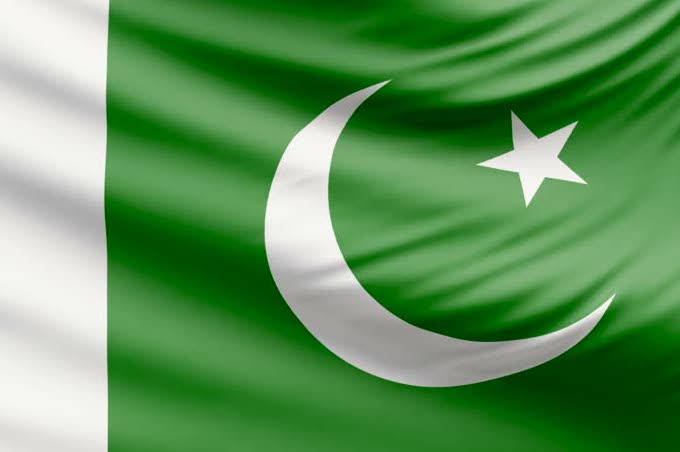
Pakistan: resumption of death penalty ‘major step back’
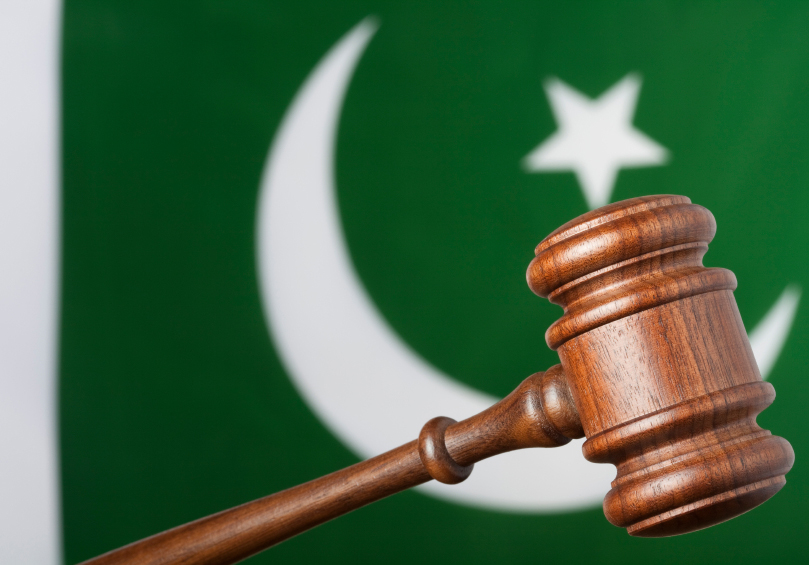 The ICJ condemned Pakistan’s execution of a former soldier and called on the government to reinstate the moratorium on the death penalty that had been observed for the past four years.
The ICJ condemned Pakistan’s execution of a former soldier and called on the government to reinstate the moratorium on the death penalty that had been observed for the past four years.

 The ICJ condemned Pakistan’s execution of a former soldier and called on the government to reinstate the moratorium on the death penalty that had been observed for the past four years.
The ICJ condemned Pakistan’s execution of a former soldier and called on the government to reinstate the moratorium on the death penalty that had been observed for the past four years.
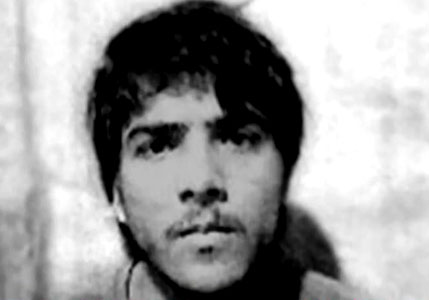
 On the tenth annual World Day against the Death Penalty, the ICJ urges the President of India to grant clemency to Mohammed Ajmal Amir Kasab.
On the tenth annual World Day against the Death Penalty, the ICJ urges the President of India to grant clemency to Mohammed Ajmal Amir Kasab.
“There is no doubt that Kasab’s crimes were heinous causing immeasurable suffering but execution is not the answer,” said Sam Zarifi, ICJ Asia Pacific Regional Director. “Putting him to death would be a significant step backwards for India. It would end the eight-year hiatus on executions and disregard the call in repeated UN General Assembly Resolutions that all States should observe an immediate moratorium on the death penalty with a view towards full abolition.”
October 10, 2012 is the World Day against the Death Penalty. The ICJ considers the death penalty to constitute a violation of the right to life and a form of cruel and inhuman punishment.
The ICJ calls on all countries to abolish the death penalty.
“The death penalty violates the inherent dignity of the person,” Zarifi added. “And as we have seen in India as well as all over the world, it is not possible to administer capital punishment without some degree of inconsistency, subjectivity and arbitrariness.”
More than 150 of 192 United Nations member states have either abolished the death penalty or do not practice it.
In South Asia, Nepal abolished the death penalty in its 1997 Constitution and Sri Lanka has not carried out an execution since 1976.
Kasab, a 25-year old Pakistani national, was sentenced to the death for his role in the Mumbai terrorist attack in 2008.
The Supreme Court confirmed Kasab’s death sentence on 29 August 2012, upholding the judgment of the Bombay High Court on 21 February 2011 and the sentence handed down by a lower court in May 2010. On 18 September 2012, Kasab sent a four-line handwritten mercy plea to the President of India.
The Maharashtra Home Ministry recommended rejecting the mercy plea on 24 September 2012 and Governor of Maharashtra, K Sankaranarayan, advised the same on 29 September 2012. The petition has now been forwarded to the Union Government.
CONTACT:
Sam Zarifi, ICJ Asia-Pacific Regional Director, t: +41(0)22 979 38 00; sam.zarifi(at)icj.org
Sheila Varadan, ICJ Legal Advisor, South Asia Programme, t: +66 857200723; sheila.varadan(at)icj.org
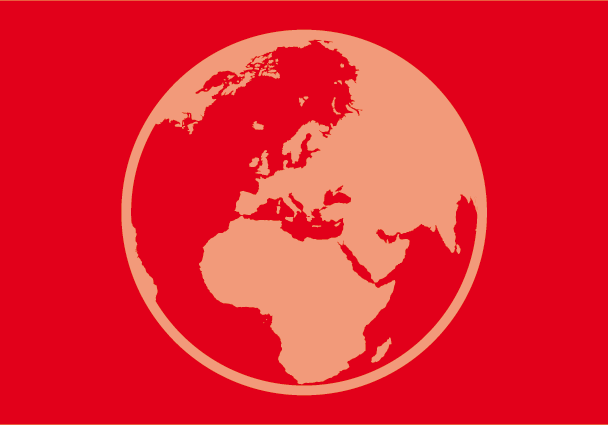
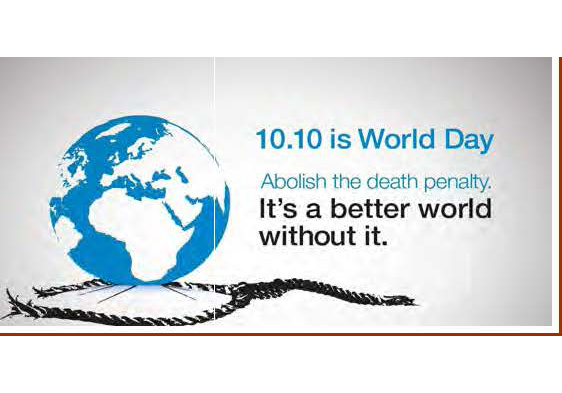 On this occasion, the World Coalition Against the Death Penalty – of which ICJ is a member – will hold an interactive panel discussion in Geneva.
On this occasion, the World Coalition Against the Death Penalty – of which ICJ is a member – will hold an interactive panel discussion in Geneva.
The discussion on “Abolition of the death penalty – Ten years of joint efforts” will take place at the Palais des Nations.
The event will gather activists from around the world to discuss and analyze, each with their own perspective, the progress made over the past decade and the remaining challenges to the fight against the death penalty.
Panelists include Ms. Emma Bonino, Vice-president of the Senate of the Republic of Italy; Mr. Renny Cushing, Murder Victims’ Families for Human Rights; Ms. Ravdan Yanjmaa, Amnesty International Mongolia; and Mr. Fabian Omar Salvioli, Vice-Chairperson of the Human Rights Committee. Ms. Kyun-wha Kang, Deputy High Commissioner for Human Rights, will open the discussion with a few remarks.

 In an interactive dialogue with representatives of its government, the ICJ called on India to accept recommendations to expedite the ratification of the UN Convention against Torture and its Optional Protocol. Watch the webcast.
In an interactive dialogue with representatives of its government, the ICJ called on India to accept recommendations to expedite the ratification of the UN Convention against Torture and its Optional Protocol. Watch the webcast.
The ICJ delivered its statement today during the adoption by the UN Human Rights Council of the Universal Periodic Review outcome document on India, during the course of the 21st regular session of the Council.
HRC21-Item6-India-OralStatement-non-legal submissions-2012 (download statement, in PDF)
INDIA -Universl Periodic Review-press release-2012 (full text, in PDF)

 The ICJ is urging the Syrian authorities to immediately and unconditionally release Mazen Darwish, a prominent human rights lawyer and defender, and President of the Center for Media and Freedom of Expression (SCM).
The ICJ is urging the Syrian authorities to immediately and unconditionally release Mazen Darwish, a prominent human rights lawyer and defender, and President of the Center for Media and Freedom of Expression (SCM).